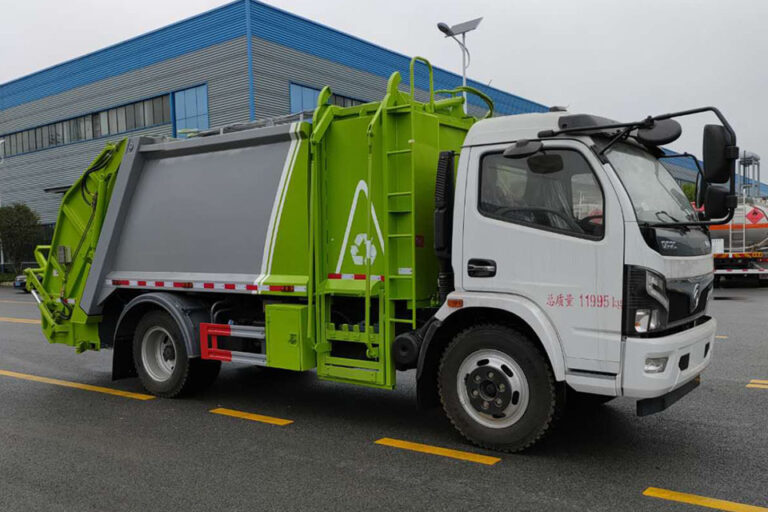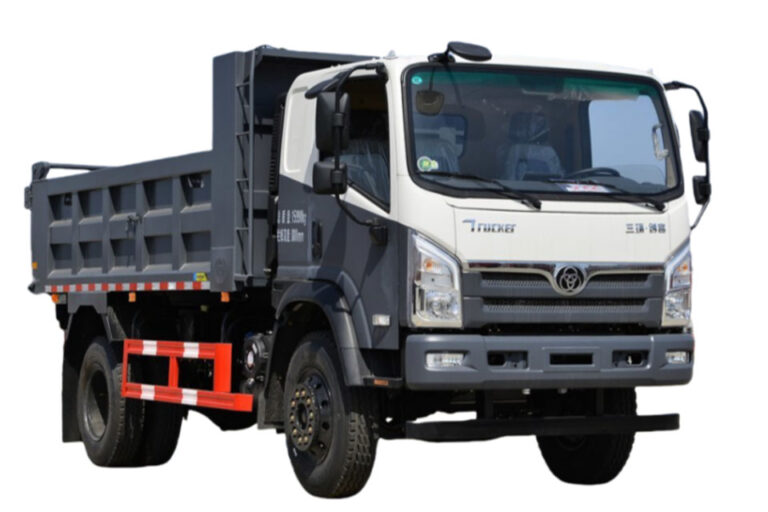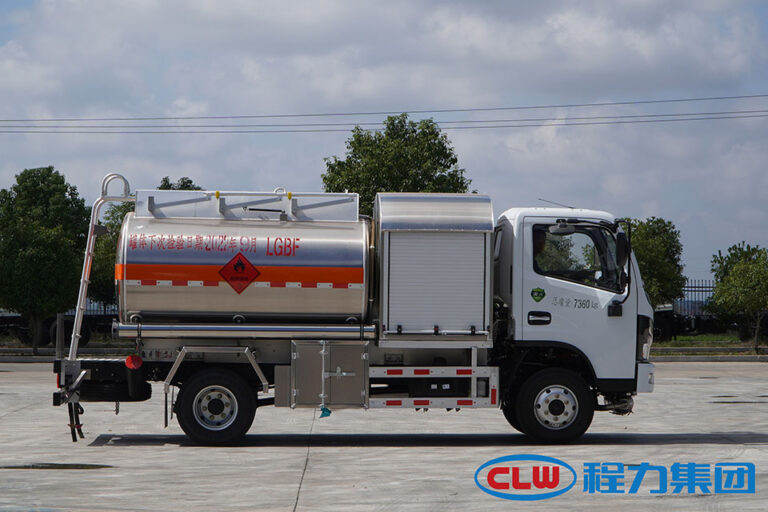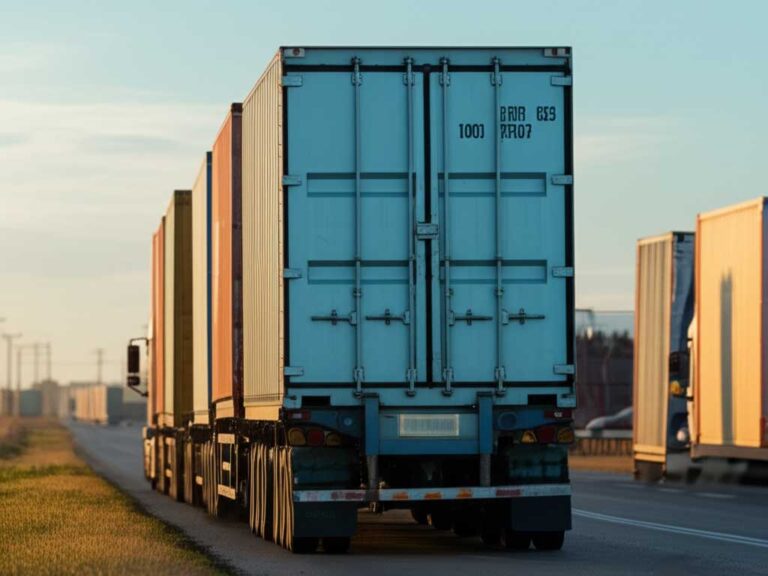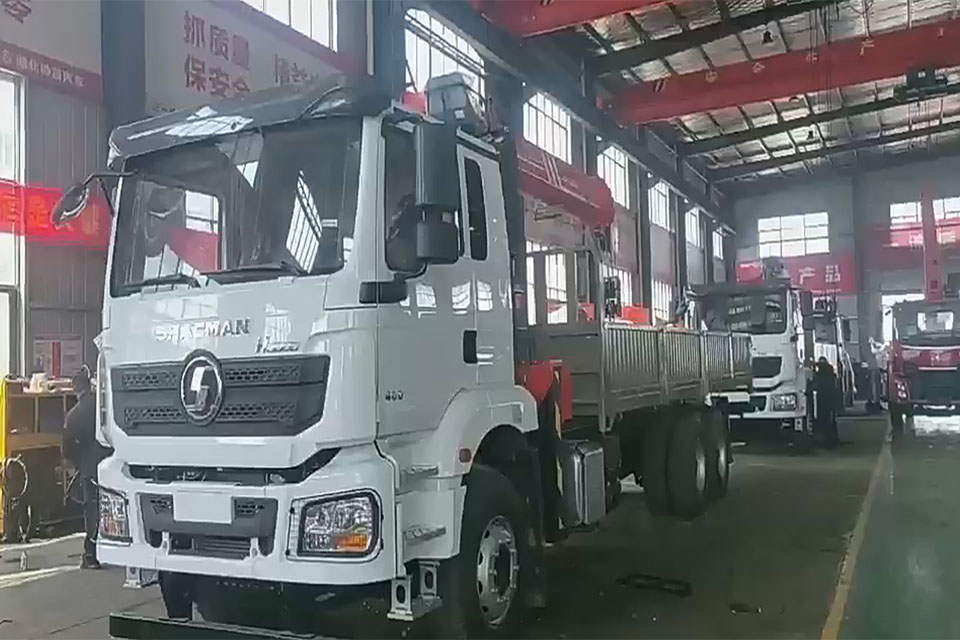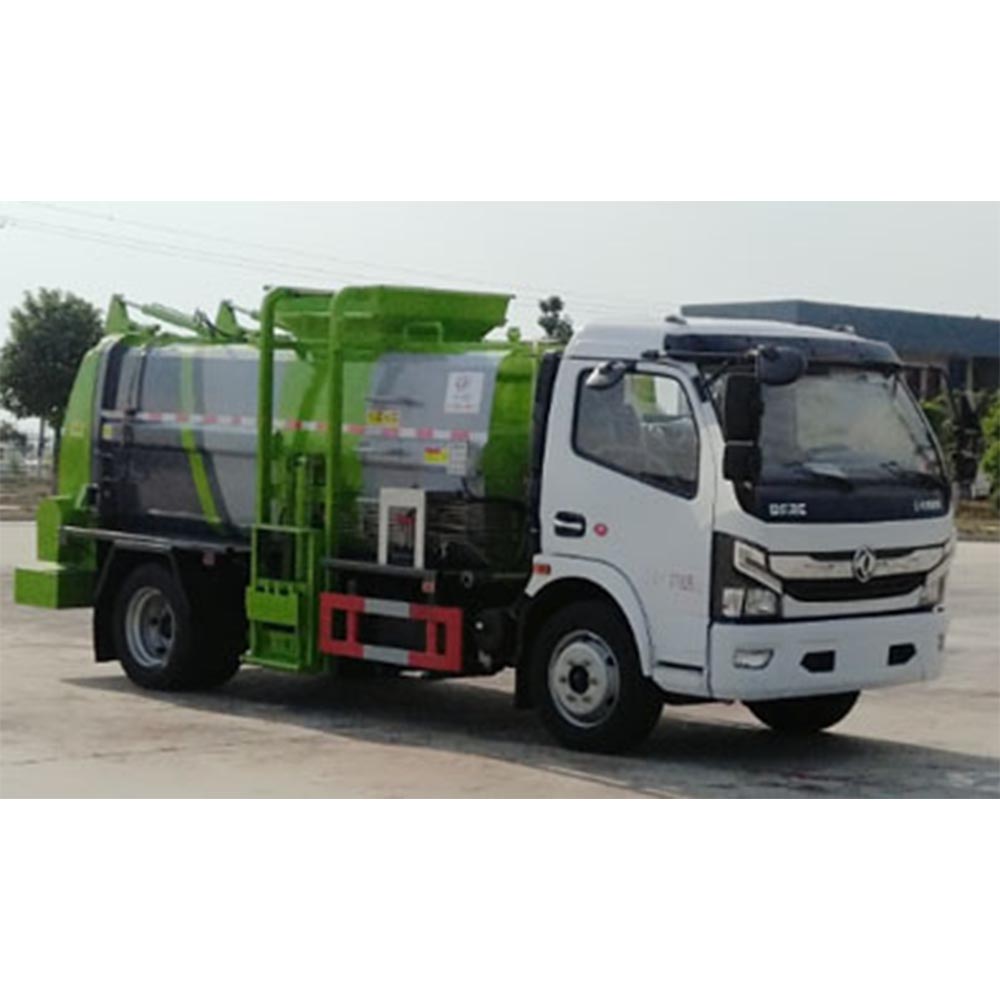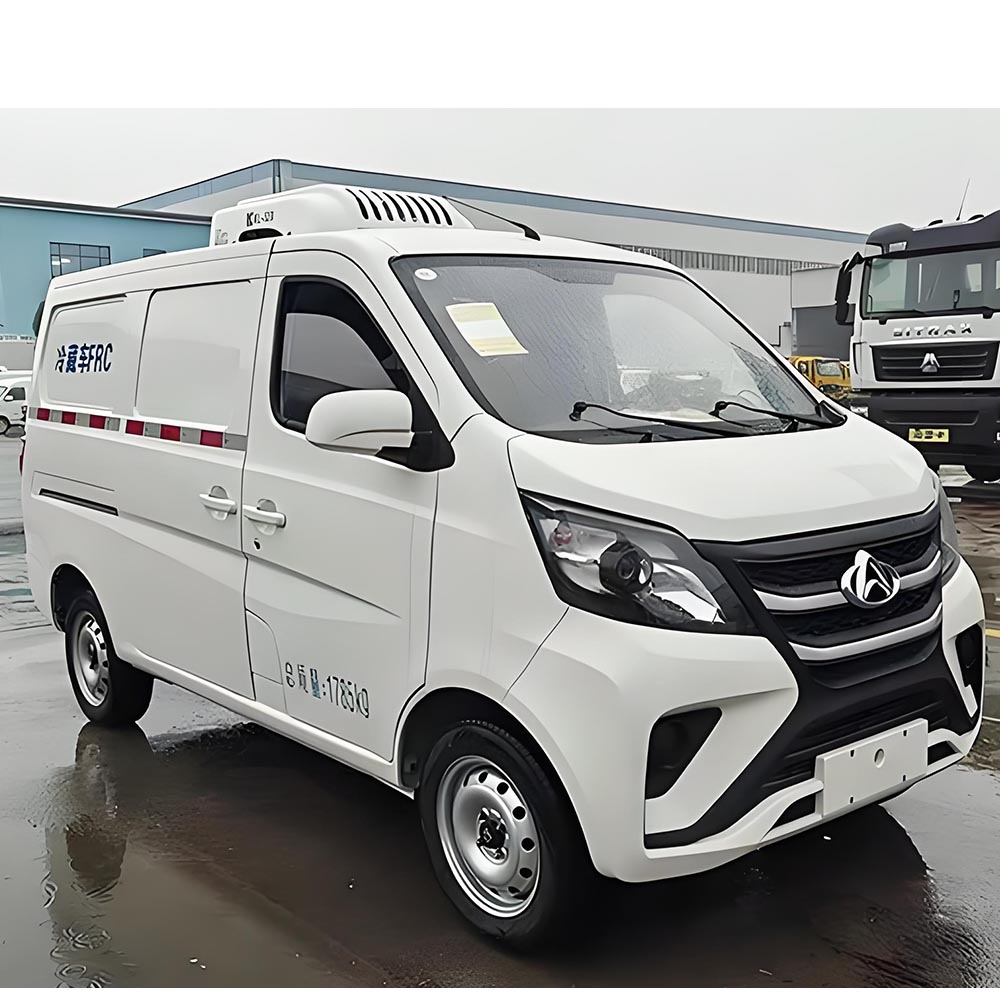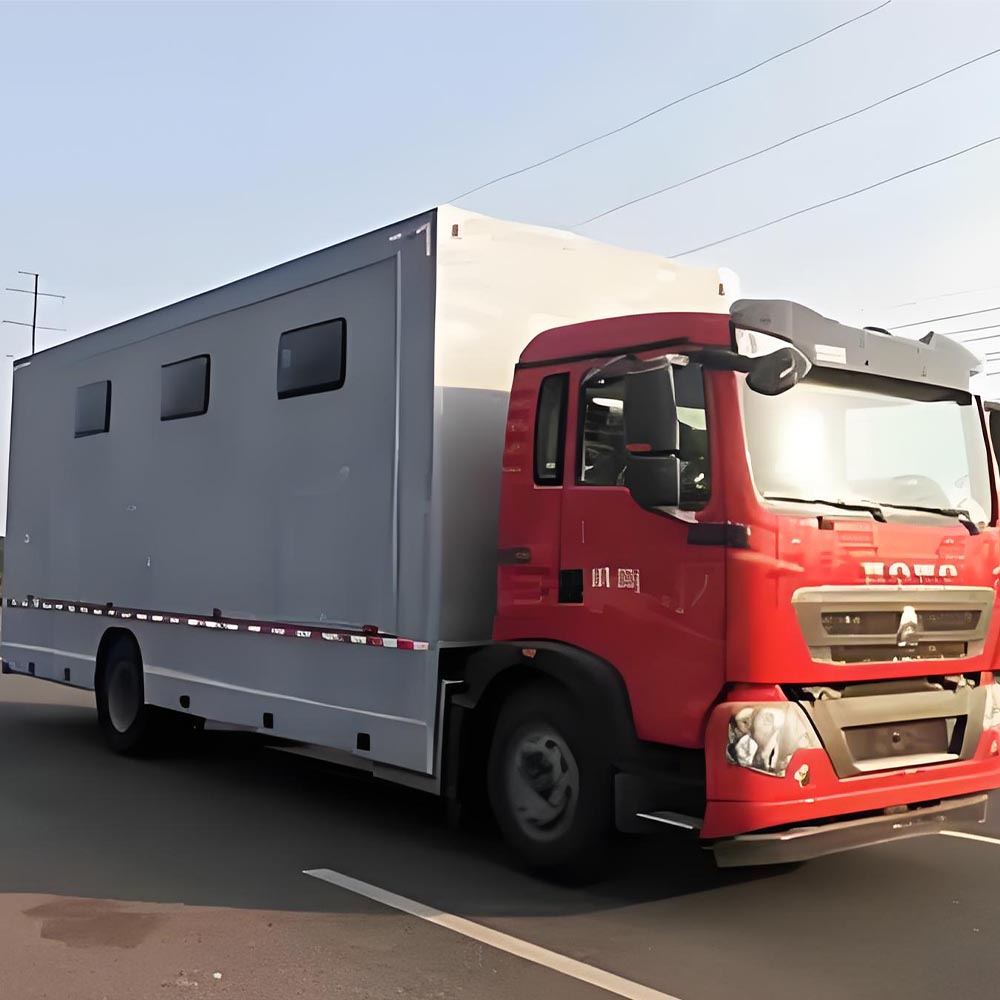-
Chengli Automobile Industry Park
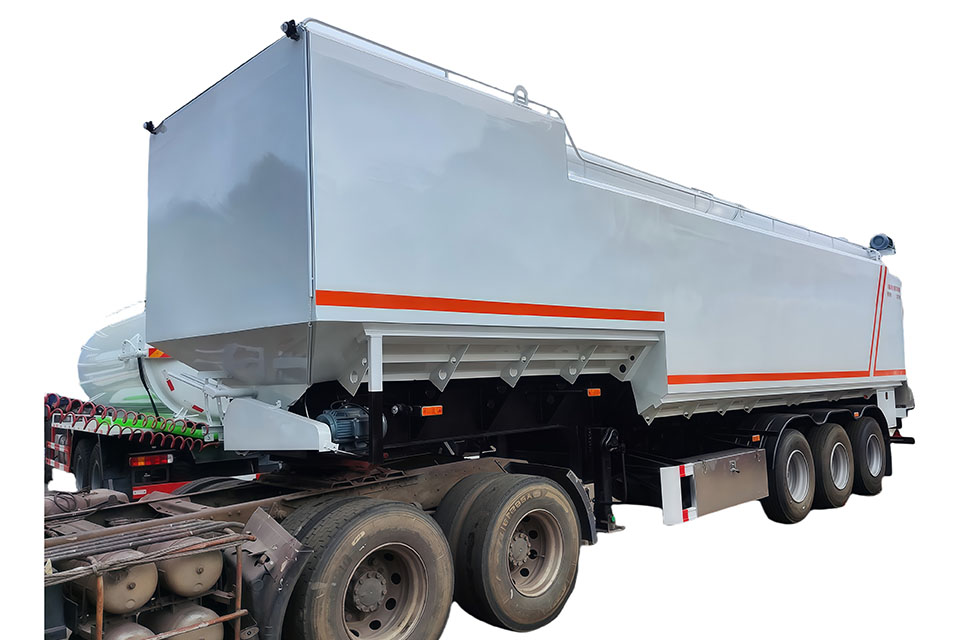
What is the difference between a trailer and a semi-trailer? Which do you think is better for carrying heavy loads?
Trailer vs Semi-Trailer: Key Differences & Which is Better for Heavy Loads
Table of Contents
Introduction
When it comes to moving big things, you need to know about trailers and semi-trailers. People often mix them up, but they work in very different ways. This article will help you learn what makes each one special and which one works best for moving heavy loads.
What is a Trailer?
A trailer is a big box with wheels that can stand all by itself. It has wheels in the front and back that hold up its full weight.
Key Features of Trailers:
- Has its own wheels that hold all its weight
- Connects to trucks with a hitch ball
- Good for short trips and small loads
- Can stand by itself without a truck
A trailer is like a wagon that you pull behind your truck. It has all the parts it needs to stay up by itself. This makes it easy to drop off and pick up later.
What is a Semi-Trailer?
A semi-trailer is only half a trailer! It doesn’t have wheels in the front. Instead, it rests on the back of a special truck called a tractor unit.
Key Features of Semi-Trailers:
- Only has wheels in the back
- Needs to rest on a tractor unit for support
- Connects with a fifth-wheel coupling
- Used for long trips with big loads
- Cannot stand up by itself
Semi-trailers need special trucks to pull them. These trucks have a kingpin connection that holds up the front of the semi-trailer. This spreads out the weight between the truck and the trailer.
Key Differences Between Trailers and Semi-Trailers
Let’s look at what makes trailers and semi-trailers different from each other:
| Aspect | Trailer | Semi-Trailer |
|---|---|---|
| Design | Has front/rear axles for full support | No front axles, supported by tractor |
| Connection Method | Uses a hitch ball | Attaches via fifth-wheel coupling/kingpin |
| Weight Distribution | All weight on its own axles | Weight shared between trailer and tractor |
| Max Load Capacity | Lower (10-25 tons) | Higher (25-40+ tons) |
| Maneuverability | Less stable, can sway | Better stability, easier to turn |
| Typical Use Cases | Short trips, farm use, small loads | Long trips, big loads, special cargo |
Trailer vs. Semi-Trailer: Key Differences
Visual Comparison
Trailer
Semi-Trailer
Load Capacity Comparison
Key Feature Comparison
| Feature | Trailer | Semi-Trailer |
|---|---|---|
| Design | Standalone, full axle support | Relies on tractor unit |
| Connection | Hitch ball | Fifth-wheel coupling |
| Weight Support | Full weight on own axles | Weight shared with tractor |
| Maneuverability | Less stable | More stable |
Which is Better for Heavy Loads?
When it comes to moving heavy loads, semi-trailers have big advantages:
Semi-Trailer Advantages for Heavy Loads:
- Weight-sharing design lets them carry more weight
- Better stability when driving fast or on highways
- Special types like lowboy trailers for very tall or heavy things
- Better for long-haul transport of heavy loads
- Lower center of gravity makes them safer for big loads
Semi-trailers are made for moving things like construction materials, indivisible heavy loads, and large machinery. They work with special Tractor Units for Semi-Trailers that are built to pull heavy weights.
Trailer Limitations for Heavy Loads:
- All weight sits on the trailer’s axles, causing more stress
- More likely to sway or tip with very heavy loads
- Limited by axle weight limits
- Not as good for long-distance transport
- Braking systems may not handle heavy loads as well
When to Choose Each Type
Choose a Trailer If:
- You need to move livestock or small farm loads
- You’re making short trips in town
- You have a tight budget
- You need to unhook it and leave it standing
- You’re using a standard pickup truck
Choose a Semi-Trailer If:
- You’re carrying oversized cargo or very heavy things
- You need to drive long distances on highways
- You want better load stability and safety
- You need special trailer types like tanker trailers
- You’re in the freight logistics business
Semi-Trailer options are more varied, letting you pick the right tool for your specific heavy load.
Types of Semi-Trailers for Heavy-Duty Use
Semi-trailers come in many types for different heavy loads:
- Flatbed semi-trailers: For lumber, steel, and machinery
- Lowboy trailers: For tall equipment that needs low height clearance
- Step deck trailers: For loads taller than standard height limits
- Refrigerated trailers: For cold food and perishable items
- Tanker trailers: For liquids and gases
- Container chassis: For shipping containers
The Flatbed Truck Trailer is one of the most common types used for heavy loads that need easy loading from the sides or top.
Maintenance and Cost Considerations
When picking between trailers and semi-trailers, think about these costs:
Trailer Costs:
- Lower up-front cost
- Simpler parts to fix
- No special truck needed
- Lower tire load ratings needed
- Easier to store
Semi-Trailer Costs:
- Higher purchase price
- Needs a special tractor unit
- More complex hydraulic suspension systems
- Higher maintenance costs
- Special driver training and CDL requirements
FAQs
Can I tow a semi-trailer with a standard truck?
No, semi-trailers need special tractors with fifth-wheel couplings due to their weight and design.
Are semi-trailers safer for heavy cargo?
Yes, semi-trailers have better weight distribution and stability, making them safer for heavy loads.
Which is more cost-effective for small businesses?
Trailers are better for small businesses with light, local loads. Semi-trailers make more sense for heavy loads or long distances.
What’s the main physical difference I can see?
Trailers have wheels at both ends. Semi-trailers only have wheels at the back and rest on the tractor at the front.
Can semi-trailers handle oversized loads better?
Yes, specialized semi-trailers like lowboys are made for oversized and indivisible loads.
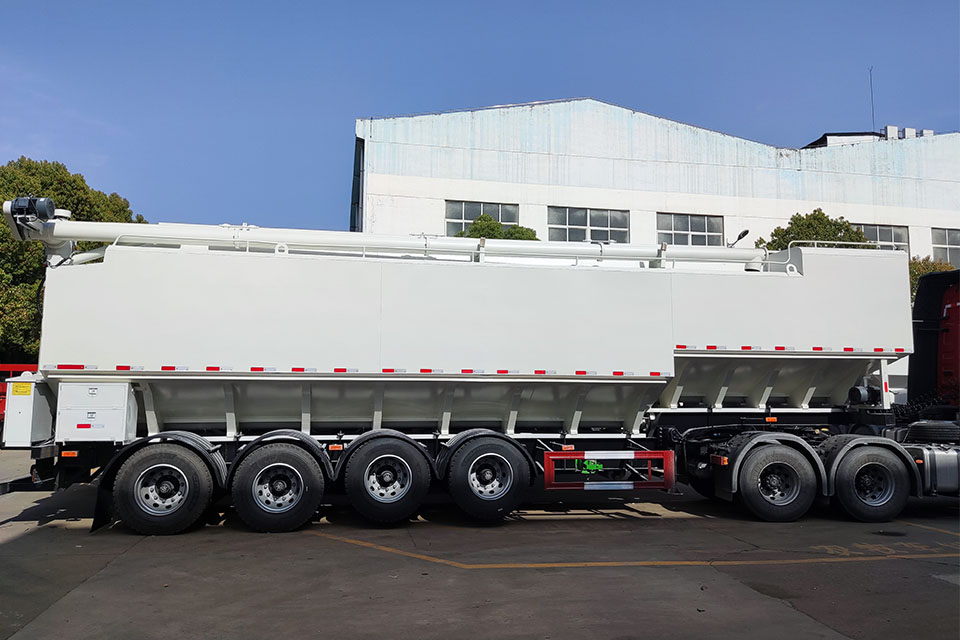
Conclusion
After looking at all the facts, semi-trailers are clearly better for heavy loads. They offer:
- Higher weight limits through weight distribution
- Better safety and stability with fifth-wheel coupling
- More options for special loads with different trailer types
- Better performance on long trips with load transfer design
- More efficient use of tractor power for pulling heavy things
For most heavy haulage needs in logistics and freight transport, semi-trailers are the best choice. They’re built from the ground up to handle big loads safely and efficiently.
Trailers still have their place for smaller jobs, local trips, and when you need to leave the trailer standing. But when weight is the main concern, semi-trailers win every time.

